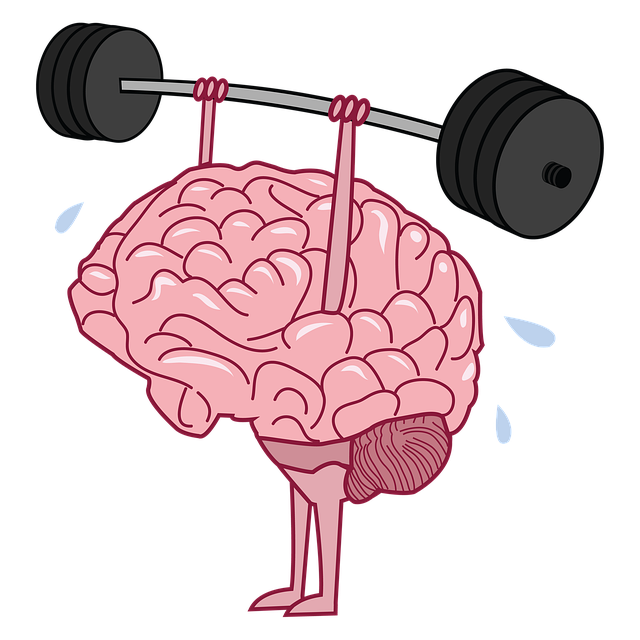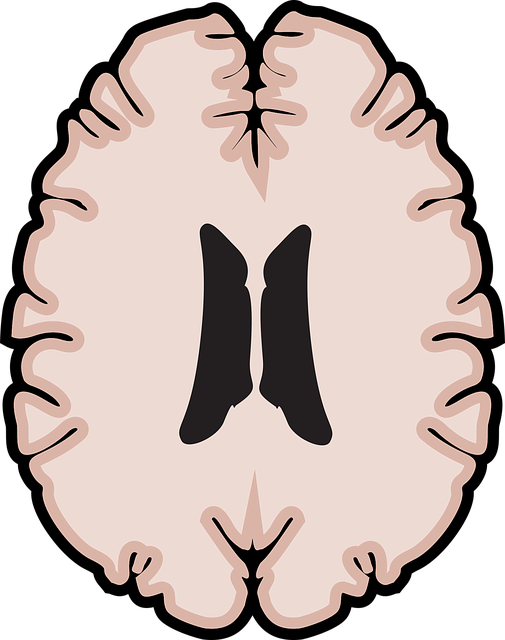Longmont Interpersonal Issues Therapy (LIIP) highlights the significant impact of stress on individuals and organizations, particularly in healthcare settings. They offer workshops integrating mindfulness, breathing techniques, and cognitive reframing to reduce stress, enhance well-being, and improve workplace dynamics. These interactive sessions foster camaraderie, build trust, and equip participants with tools for high-pressure environments through Burnout Prevention Strategies and Mental Health Policy Advocacy. Post-workshop feedback and continuous evaluation ensure tailored success and adaptability to evolving interpersonal issues, making LIIP a leading resource for stress management and organizational resilience.
Stress management workshops are becoming increasingly vital for both individuals and organizations looking to thrive in today’s fast-paced world. This comprehensive guide explores effective strategies for designing and implementing workshops, focusing on techniques that foster resilience and well-being. From understanding the profound impact of stress to measuring success through Longmont Interpersonal Issues Therapy lens, we provide actionable insights for creating engaging, impactful programs.
- Understanding Stress and Its Impact on Individuals and Organizations
- Designing Effective Stress Management Workshops
- Implementing Workshop Strategies for Maximum Engagement
- Measuring Success and Continuous Improvement in Longmont Interpersonal Issues Therapy
Understanding Stress and Its Impact on Individuals and Organizations

Stress is a ubiquitous aspect of modern life, yet its impact on individuals and organizations can be profound. It’s essential to recognize that chronic stress isn’t just a personal struggle; it has far-reaching consequences in various settings, including the workplace. Longmont Interpersonal Issues Therapy highlights how unaddressed stress can lead to decreased productivity, increased absenteeism, and heightened employee turnover rates. In organizations, a stressed workforce often exhibits reduced creativity, impaired decision-making, and diminished job satisfaction.
Moreover, understanding the role of compassion cultivation practices in stress management is gaining traction in healthcare settings. Mental wellness programs that incorporate these strategies, such as those offered through Healthcare Provider Cultural Competency Training, can foster healthier work environments. By promoting self-care and empathy among employees, organizations can enhance overall mental wellness, improve patient care, and create a more supportive culture. This approach not only benefits individuals but also contributes to the long-term success and resilience of the organization as a whole.
Designing Effective Stress Management Workshops

Designing effective stress management workshops involves tailoring content to meet specific needs. At our Longmont Interpersonal Issues Therapy center, we focus on creating interactive sessions that engage participants and foster a safe space for learning. Workshops often integrate practical tools and techniques such as mindfulness exercises, breathing strategies, and cognitive reframing, which have been shown to reduce stress levels and improve overall well-being.
Incorporating elements from Burnout Prevention Strategies for Healthcare Providers can help tailor the workshop for professional audiences, addressing unique stressors and challenges they face daily. Mental Health Policy Analysis and Advocacy plays a crucial role in shaping the discussion around systemic issues contributing to stress, while promoting Mental Health Awareness ensures participants understand the importance of self-care and its impact on both personal and professional lives.
Implementing Workshop Strategies for Maximum Engagement

To maximize engagement in stress management workshops, organizers should implement diverse strategies tailored to participants’ needs. Longmont Interpersonal Issues Therapy can serve as a model, offering interactive sessions that blend education with practical exercises. Facilitators might begin with icebreakers to foster camaraderie and create a safe space for sharing. This builds trust and encourages active participation throughout the workshop.
Additionally, incorporating dynamic activities, case studies, and small group discussions enhances learning. A Mental Wellness Podcast Series Production approach can be adapted to capture key moments and provide valuable insights post-workshop. Risk Management Planning for Mental Health Professionals is crucial in ensuring ethical practices and handling sensitive information. Moreover, integrating Burnout Prevention Strategies for Healthcare Providers can equip participants with tools to manage stress and maintain resilience in high-pressure environments.
Measuring Success and Continuous Improvement in Longmont Interpersonal Issues Therapy

Measuring success and fostering continuous improvement are vital components of Longmont Interpersonal Issues Therapy (LIIP) workshops. To evaluate the effectiveness of these sessions, therapists employ various qualitative and quantitative methods. Post-workshop feedback forms allow participants to share their experiences, highlighting aspects such as perceived improvements in coping skills development and overall satisfaction with the program. This valuable insight helps therapists identify areas for enhancement and tailor future sessions accordingly.
Additionally, LIIP incorporates crisis intervention guidance and stress reduction methods into its curriculum. By regularly reviewing participant progress and incorporating best practices from these techniques, therapists ensure that workshops remain relevant and impactful. Continuous quality assessment enables LIIP to adapt to evolving interpersonal dynamics, ultimately enhancing the therapeutic experience for all involved.
Stress management workshops, as demonstrated by successful programs like Longmont Interpersonal Issues Therapy, are invaluable tools for both personal growth and organizational enhancement. By understanding the impact of stress on individuals and teams, these workshops equip participants with effective strategies to navigate challenging situations. Through engaging and interactive methods, they foster a culture of resilience and well-being within organizations. Continuous evaluation and improvement, as highlighted in the article’s sections, ensure that these workshops remain relevant and impactful over time.












